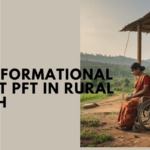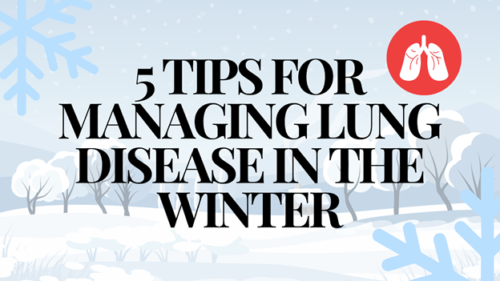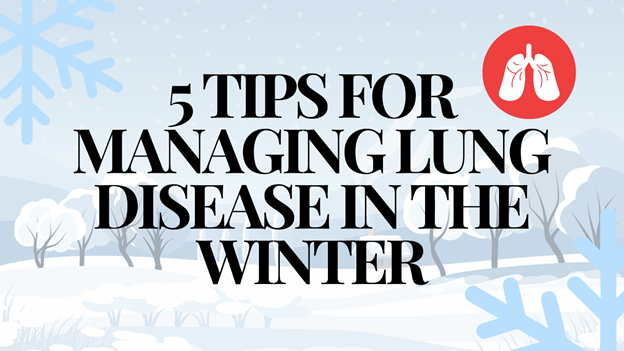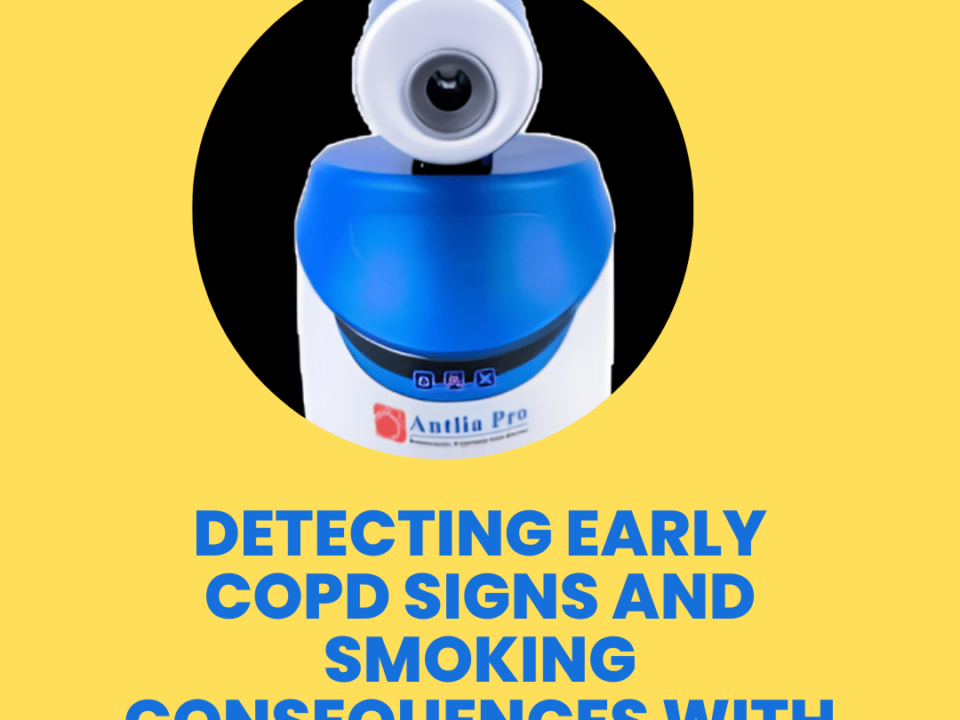
The Transformational Impact of Point-of-Care PFT in Rural Health
September 6, 2024
Vaping and its impact on lung function
October 21, 2024
Winter can be a lovely season, but it also presents several health risks, particularly for people with respiratory disorders. As the temperature decreases, you must take extra precautions to protect your lungs. The dry, chilly air can aggravate respiratory disorders like COPD and asthma. Furthermore, spending more time indoors with others can raise the chance of contracting the flu and colds.
Here are five crucial suggestions to help you stay healthy and breathe freely during winter:
1. Stay Warm and Hydrated
- Dress in layers: Putting on several layers of clothes keeps your body warm and helps trap heat.
- Remain hydrated: Consuming a lot of liquids, particularly warm ones, keeps your mucous membranes moisturized and helps keep them from drying out.
- Maintain a warm home: Keep your home at a comfortable temperature to avoid aggravating your lungs from the cold air.
2. Avoid Irritants
- Limit exposure to secondhand smoke: Secondhand smoke can induce asthma attacks and worsen respiratory symptoms.
- Avoid air pollution: If the air quality is poor, limit your outdoor activities or use a mask.
- Use a humidifier: By adding moisture to the air, a humidifier helps lessen irritation and dryness.
3. Get Vaccinated
- Flu shots: Flu shots protect against influenza, a common respiratory virus that can be especially deadly for those with lung issues.
- Vaccination against pneumonia: The vaccination helps guard against pneumonia, a dangerous lung illness.
4. Manage Existing Conditions
- Follow your doctor's advice: If you have COPD, asthma, or another respiratory ailment, be sure to adhere to your doctor's recommended course of action and take your prescription drugs on time.
- Have a plan for escalations: Have a documented action plan that specifies what to do if your symptoms intensify to be ready for flare-ups.
5. Practice Good Hygiene
- Wash your hands frequently: Using soap and water to wash your hands can help stop the spread of bacteria.
- Cover your mouth and nose: When you cough or sneeze, cover your mouth and nose with a tissue or your elbow to prevent respiratory infections.
- Avoid close contact with sick individuals: Try to avoid being around sick people.




